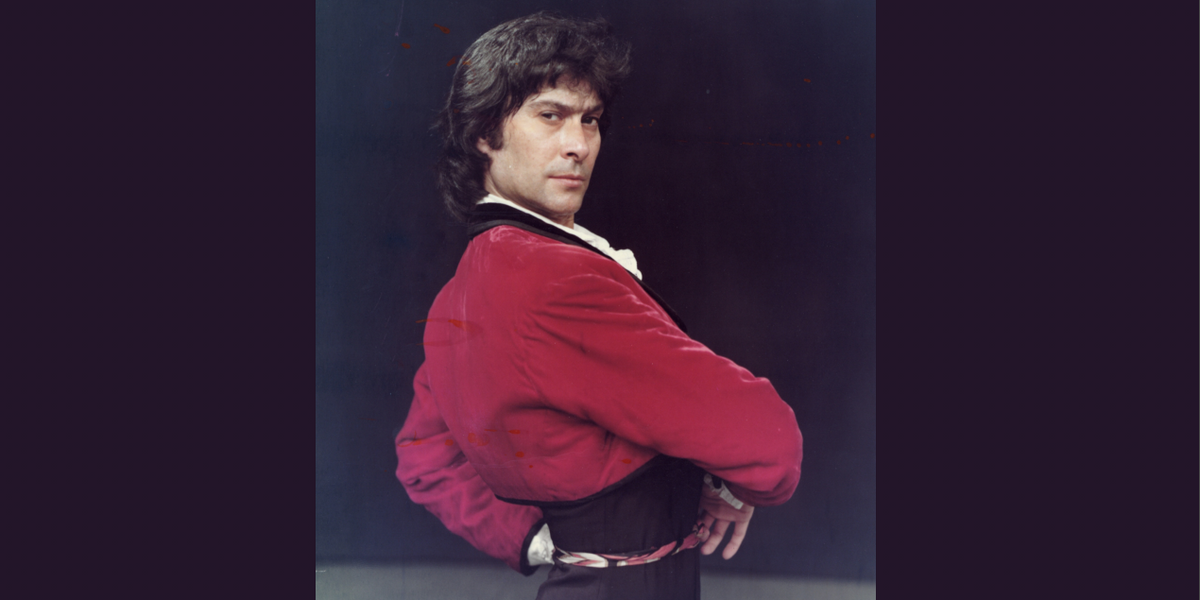José Molina, Spanish Dancer, Beloved Teacher, Dies at 81
José Molina, the charismatic Spanish born dancer who achieved enduring success in America, passed away on January 5, 2018, due to complications from lung cancer.
Just as Billy Elliot discovered his love of dance on the way to his boxing lesson, José Molina Quijada, born in Madrid on November 19, 1936, was enrolled in a boxing school which shared space with Spanish dancers. In 1945, the 9-year old Molina saw Pilar López and José Greco perform and knew that dance was his future.
His father, Ramon Molina, a Republican who was imprisoned for three years during the Spanish Civil War and then worked in a fish market, was adamantly opposed, but his mother, Carmen Quijada, accepted his ambition on the condition that he pay for his classes by working mornings in the fish market. For six years José earned just enough to pay for classes with Pilar Monterde in neo-classical Spanish dance, escuela bolera, ballet and flamenco. Soledad Miralles, dancing in Madrid at the Lope de Vega Theatre, gave Molina his first break. From age 16 to 19, he toured nightclubs throughout Europe and the Middle East as a flamenco and classical spanish dance soloist accompanied by piano and orchestra.
In 1956, he came to New York to audition, successfully, for “The Tonight Show,” to which he returned as a regular guest and performer, as well as appearances on the Ed Sullivan and Merv Griffin television shows. José Greco presented him as a soloist in his internationally touring company for five years before he formed his own company, José Molina Bailes Españoles, in 1961. For more than 30 years his company toured North America annually, performing in 49 states and over 400 cities, including shows at NYC’s Carnegie Hall. Molina’s only sibling Ramon “Monchi” played guitar in his company in the early years.
Molina’s charisma onstage transferred to the classroom where he drew countless students in NYC as well as in residencies across the U.S., including Miami, FL, and Portland, OR. His classes included those he groomed to be professional dancers as well as others for whom flamenco was simply a personal passion. He welcomed everyone, demanding discipline and technical precision while teaching with a unique warmth, charm and sense of humor. “Better to do one thing right than 10 things wrong” was one of his trademark phrases.
In 2012 he became a U.S. citizen and maintained dual citizenship.
His sister-in-law Encarna and nieces and nephews survive him in Murcia, Spain.




